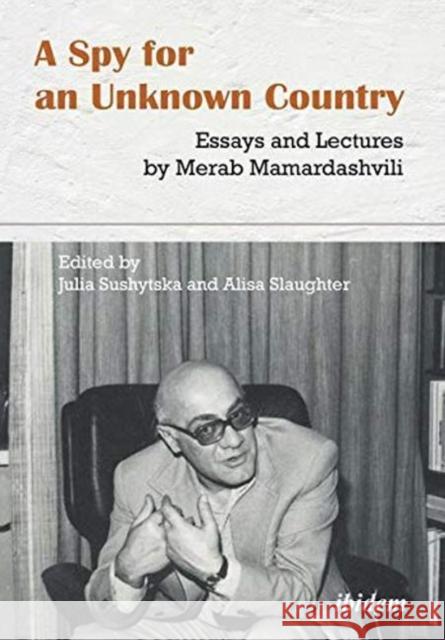A Spy for an Unknown Country: Essays and Lectures by Merab Mamardashvili » książka
topmenu
A Spy for an Unknown Country: Essays and Lectures by Merab Mamardashvili
ISBN-13: 9783838214597 / Angielski / Miękka / 2020 / 220 str.
A Spy for an Unknown Country: Essays and Lectures by Merab Mamardashvili
ISBN-13: 9783838214597 / Angielski / Miękka / 2020 / 220 str.
cena 177,03
(netto: 168,60 VAT: 5%)
Najniższa cena z 30 dni: 158,19
(netto: 168,60 VAT: 5%)
Najniższa cena z 30 dni: 158,19
Termin realizacji zamówienia:
ok. 10-14 dni roboczych
Bez gwarancji dostawy przed świętami
ok. 10-14 dni roboczych
Bez gwarancji dostawy przed świętami
Darmowa dostawa!
Kategorie BISAC:
Wydawca:
ibidem-Verlag, Jessica Haunschild u Christian
Język:
Angielski
ISBN-13:
9783838214597
Rok wydania:
2020
Ilość stron:
220
Waga:
0.32 kg
Wymiary:
20.57 x 14.73 x 1.52
Oprawa:
Miękka
Wolumenów:
01
Dodatkowe informacje:
Bibliografia











